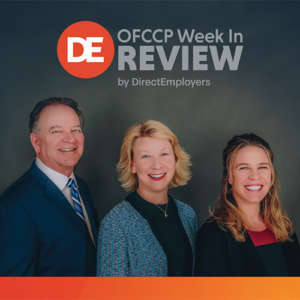 The DE OFCCP Week in Review (WIR) is a simple, fast and direct summary of relevant happenings in the OFCCP regulatory environment, authored by experts John C. Fox, Candee Chambers and Jennifer Polcer. In today’s edition, they discuss:
The DE OFCCP Week in Review (WIR) is a simple, fast and direct summary of relevant happenings in the OFCCP regulatory environment, authored by experts John C. Fox, Candee Chambers and Jennifer Polcer. In today’s edition, they discuss:
- NLRB Rules Confidentiality Provisions in Arbitration Clauses Relating to the Rules Under Which an Arbitration May be Conducted are Permissible
- Apprenticeship Pilot Launched for Transitioning Service Members
- Employment Discrimination Data Now in Visual Formats
- President Trump Halts New Foreign Worker Visas
- USDOL Launched Interactive FFCRA Eligibility Tool
- NLRB Restores Employer Right to Discipline Before a First Contract
- WHD Issued Five New Opinion Letters
- USDOL’s Wage and Hour Division Hiring
- WHD Issued Guidance on FFCRA and Summer Camps
- OFCCP Updated Scheduling Letter FAQs
Friday, June 19, 2020: NLRB Rules Confidentiality Provisions in Arbitration Clauses Relating to the Rules Under Which an Arbitration May be Conducted are Permissible
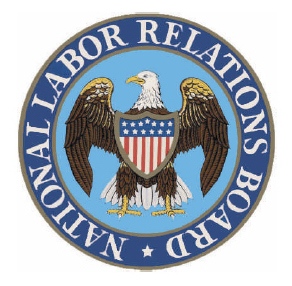
The NLRB’s decision overturned its prior Order issued June 16, 2016 in the same case, in which the NLRB had adopted the Administrative Law Judge’s decision finding the provision violative of Section 7 of the NLRA as an overly-broad “workplace rule that prohibits the discussion of terms and conditions of employment.” In issuing its new Order following remand of California Commerce Club’s appeal to the U.S. Court of Appeals for the District of Columbia Circuit, the NLRB relied upon two factors:
- First, the NLRB looked to the reasoning in the U.S. Supreme Court’s decision in Epic Systems Corp. v. Lewis, 138 S. Ct. 1612 (2018), related to the Federal Arbitration Act (“FAA”) and the deference that a court should show to an FAA-enforceable arbitration contract.
- Second, the NLRB applied its new standard for determining whether a facially neutral work rule, when reasonably interpreted, would unlawfully interfere with, restrain, or coerce employees in the exercise of their NLRA rights.
Acknowledging that an employee’s ability to communicate with other employees about events, facts, and circumstances surrounding the terms and conditions of employment lie at the very heart of protected Section 7 activity related to engaging in “concerted activities for the purpose of collective bargaining or other mutual aid or protection,” the NLRB nonetheless determined that confidentiality provisions related to how the parties conduct an arbitration relates solely to the arbitration itself, and such provisions are subject to rigorous enforcement under the FAA. In other words, in balancing the competing interests at work, the NLRB found that the shield the FAA provided, along with the need to protect confidentiality in arbitration, outweighs the ability to report information disclosed during the arbitral process. The NLRB believed this especially true given that confidentiality provisions do not prohibit a party from disclosing information outside of arbitration if it possesses such information independent of the arbitral proceeding.
In light of this ruling, employers may take comfort in knowing that arbitrations remain confidential in nature. However, employers are cautioned to seek legal counsel in the proper drafting of arbitration agreements to ensure that the language of the confidentiality requirements are not overly-broad. For example, as a practical guidance, information an employee may know before going to arbitration, and subsequently presents as evidence in arbitration, is not subject to confidentiality outside of the arbitration given that the employee was aware of such evidence outside of the arbitral forum, and such information retains the protections guaranteed under Section 7 of the NLRA. It is only when the employee attempts to discuss the information in the context of its use as evidence in the arbitration, or the employee discloses information learned only through arbitration, does the employee violate the confidentiality requirements.
Monday, June 22, 2020: Apprenticeship Pilot Launched for Transitioning Service Members

- Marine Corps Air Station Miramar, California
- Naval Base San Diego, California
- Travis Air Force Base, California
- Fort Bragg, North Carolina
- Marine Corps Air Station Cherry Point, North Carolina
- Nellis Air Force Base, Nevada
- Fort Bliss, Texas
- Naval Station Norfolk, Virginia
Any transitioning service member or spouse interested in connecting with an Apprenticeship Placement Counselor should contact ApprenticeshipPilot@serco-na.com.
Employers interested in tapping into a potential pipeline of apprentices, or for general pilot inquiries, can email VETSapprenticeship@dol.gov.
To learn more about apprenticeship, visit www.Apprenticeship.gov.
Monday, June 22, 2020: Employment Discrimination Data Now in Visual Formats

Created by the EEOC’s Office of Enterprise Data and Analytics (OEDA), established in December 2018, the new resources aim to display enforcement data in a simple, comprehensible, and visually appealing manner for EEOC’s stakeholders.
“These data visualizations will help illustrate statistics for employment discrimination charges and resolutions for the general public as well as specialists in anti-discrimination law,” said EEOC Chair Janet Dhillon. “Additionally, these new visual tools are part of the agency’s broader effort to bring greater transparency to EEOC’s operations.”
The visuals illustrate data spanning from FY 2015- FY 2019 for the following categories:
Monday, June 22, 2020: President Trump Halts New Foreign Worker Visas

The suspension of the nonimmigrant visa holders applies specifically to those who:
- are outside the United States as of June 24, 2020;
- do not already have a valid visa effective on June 24, 2020; and
- do not have an official travel document other than a visa (such as an advance parole travel document, transportation letter, or appropriate boarding foil).
The President states, “…between February and April of 2020, more than 17 million United States jobs were lost in industries in which employers are seeking to fill worker positions tied to H-2B nonimmigrant visas. During this same period, more than 20 million United States workers lost their jobs in key industries where employers are currently requesting H-1B and L workers to fill positions. Also, the May unemployment rate for young Americans, who compete with certain J nonimmigrant visa applicants, has been particularly high – 29.9 percent for 16 -19 year-olds, and 23.2 percent for the 20-24 year-old age group. The entry of additional workers through the H-1B, H-2B, J, and L nonimmigrant visa programs, therefore, presents a significant threat to employment opportunities for Americans affected by the extraordinary economic disruptions caused by the COVID-19 outbreak.”
Note: Many immigrant visas have been slowed or stopped, at any rate, during the pandemic since Immigration Counselor offices in U.S. embassies around the globe have been closed due to the COVID-19 outbreak. These closures have prevented information inquiry responses and immigration document processing to occur.
Tuesday, June 23, 2020: USDOL Launched Interactive FFCRA Eligibility Tool
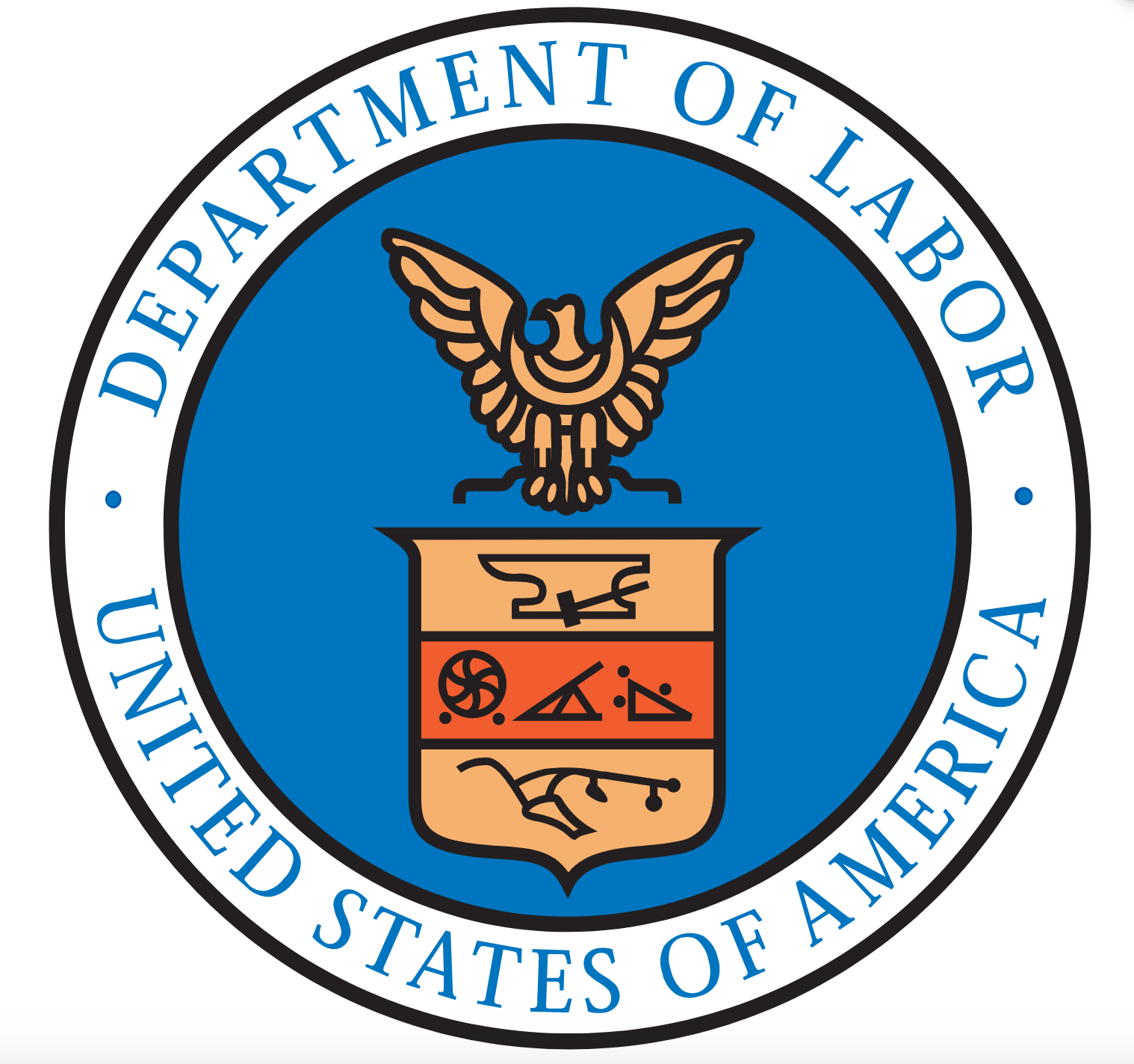
The tool guides employees through a series of questions to determine if the paid leave provisions of the Families First Coronavirus Response Act (FFCRA) apply to their employer. If the provisions apply, the tool helps employees learn whether they qualify for one of the paid leave provisions.
Tuesday, June 23, 2020: NLRB Restores Employer Right to Discipline Before a First Contract

The Board’s decision overturns Total Security Management Illinois 1, LLC, 364 NLRB No. 106 (Aug. 26, 2016), which imposed a new obligation on employers upon commencement of a collective-bargaining relationship. Total Security Management required an employer, with limited exceptions, to provide a union with notice and opportunity to bargain about discretionary elements of an existing disciplinary policy before imposing “serious discipline,” such as suspension, demotion, or discharge. According to the announcement, the Board’s decision in 800 River Road “explains how the pre-discipline bargaining obligation created in 2016 conflicted with prior Supreme Court and Board precedent, misconstrued the Supreme Court’s unilateral-change doctrine with respect to what constitutes a material change in working conditions, and imposed a complicated and burdensome bargaining scheme that was irreconcilable with the general body of law governing statutory bargaining practices.”
Thursday, June 25, 2020: WHD Issued Five New Opinion Letters
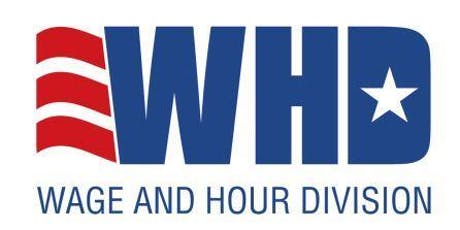
Note: An opinion letter is an official written opinion of the U.S. Department of Labor’s Wage and Hour Division explaining how a particular law applies in specific circumstances the person or entity that requested the letter has presented. The opinion letter does not have the binding force and effect of law. However, it does bind and limit the Wage and Hour Division from taking a different opinion or stance in any subsequent investigations of the issue as to that employer and any other employer.
The new opinion letter questions and abridged opinions (based on the specific facts provided) are:
- Question (FLSA2020-6): Whether salespeople who travel to different locations to sell products using their employer’s mobile assets qualify for the outside sales exemption under FLSA section 13(a)(1).
- Opinion: “The employees qualify for the outside sales exemption because their primary duty is to make sales, and they are customarily and regularly away from the employer’s place of business in performing that primary duty.”
- Question (FLSA2020-7): Whether an automobile manufacturer’s direct payments to an automobile dealership’s employee, compensating the employee for work done on behalf of the dealership, may count toward the dealership’s minimum wage obligation to the employee under the FLSA.
- Opinion: “The answer depends upon the agreement between the parties, which may be explicit or implied by the particulars of the incentive program, the understanding and practices of the parties, and any other relevant circumstances.”
- Question (FLSA2020-8): Whether salespeople who set up displays and perform demonstrations at various retail locations not owned, operated, or controlled by their employer to sell the employer’s products qualify for the outside sales employee exemption under Section 13(a)(1) of the FLSA.
- Opinion: “The salespeople at locations other than big-box stores qualify for the outside sales exemption; the salespeople at those locations qualify for the exemption only if their primary duty is performing sales work directed toward the consummation of their own sales.”
- Question (FLSA2020-9): Whether emergency-management coordinators employed by a county government qualify for administrative exemptions under Section 13(a)(1) of the FLSA.
- Opinion: “To qualify for the administrative exemption, each coordinator’s primary duty must relate to the management or general business operations of the employer or the employer’s customers.”
- Question (FLSA2020-10): Addresses the application of the retail or service commission sales exemption under Section 7(i) of the FLSA, where more than half of an employee’s compensation in the relevant representative period ultimately does not consist of commissions.
- Opinion: See full Opinion Letter as there are various nuances to the scenario.
Friday, June 26, 2020: USDOL’s Wage and Hour Division Hiring

According to the announcement, the recruits will join 92 investigators and 28 technicians that WHD hired earlier in 2020. Investigators are responsible to conduct investigations to determine employer compliance with federal wage and hour laws the WHD enforces. Technicians are responsible for providing front-line support to investigators, including the receipt and evaluation of incoming complaints. Technicians also provide compliance information to employers, employees, and other stakeholders.
Interested applicants should review the Division’s job postings and apply online.
Friday, June 26, 2020: WHD Issued Guidance on FFCRA and Summer Camps

Summer Camp (Field Assistance Bulletin 2020-4).
This FAB provides guidance on when an employee qualifies to take paid leave under the Families First Coronavirus Response Act (FFCRA) to care for his or her child based on the closures of summer camps, summer enrichment programs, or other summer programs for coronavirus-related reasons.
The FAB provides that employees may take FFCRA leave based on planned summer enrollments. An employee who requests leave to care for his or her child based on the closure of a summer camp, summer enrichment program, or other summer program is subject to the same requirements that exist for FFCRA leave based on current school closures. Employees must provide their employer either orally or in writing, an explanation of the reason for the leave, a statement that the employee is unable to work because of that reason, and the name of the school or specific summer camp or program that would have been the place of care for the child had it not closed due to COVID-19.
New Resource: “Quick Benefits Tips” for information about how much leave employees may qualify to use and the wages employers must pay under FFCRA.
Note: FABs provide WHD investigators and staff with guidance on enforcement positions and clarifications of WHD policies and changes in policy. WHD develops these bulletins under the general authority to administer the various laws WHD enforces. They typically provide information reflecting changes or clarifications in the administration of these laws and related regulations based on new court decisions, legislative changes, and new opinions the WHD Administrator issues.
Friday, June 26, 2020: OFCCP Updated Scheduling Letter FAQs
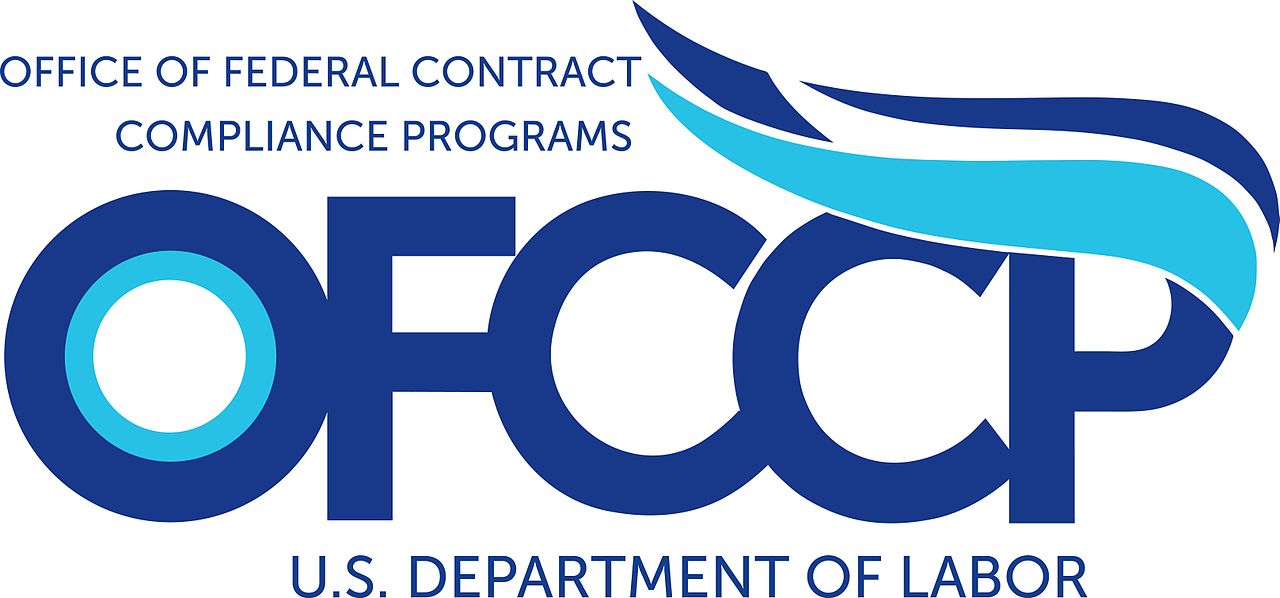
Revised to reflect the National Industry Liaison Group’s (NILG) requests, the answers now reflect:
- A 30-day extension for itemized listing materials (See Extensions Q1),
- The limit of six months for monitoring period data (See Partial Data Q4)
- A return to prior language allowing contractors which receive an audit scheduling letter within 30 days of the annual date of the contractor’s AAP(s), the option to submit the updated AAP(s) for a desk audit. (See Partial Data Q3)
Thank you to NILG Board Chair Paul McGovern and Board Members Valerie Vickers and Cherise Robinson for their efforts championing these changes.
THIS COLUMN IS MEANT TO ASSIST IN A GENERAL UNDERSTANDING OF THE CURRENT LAW AND PRACTICE RELATING TO OFCCP. IT IS NOT TO BE REGARDED AS LEGAL ADVICE. COMPANIES OR INDIVIDUALS WITH PARTICULAR QUESTIONS SHOULD SEEK ADVICE OF COUNSEL.
SUBSCRIBE.
Compliance Alerts
Compliance Tips
Week In Review (WIR)
Subscribe to receive alerts, news and updates on all things related to OFCCP compliance as it applies to federal contractors.
OFCCP Compliance Text Alerts
Get OFCCP compliance alerts on your cell phone. Text the word compliance to 55678 and confirm your subscription. Provider message and data rates may apply.
